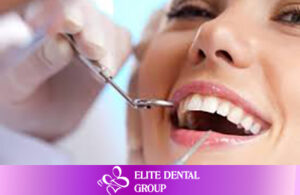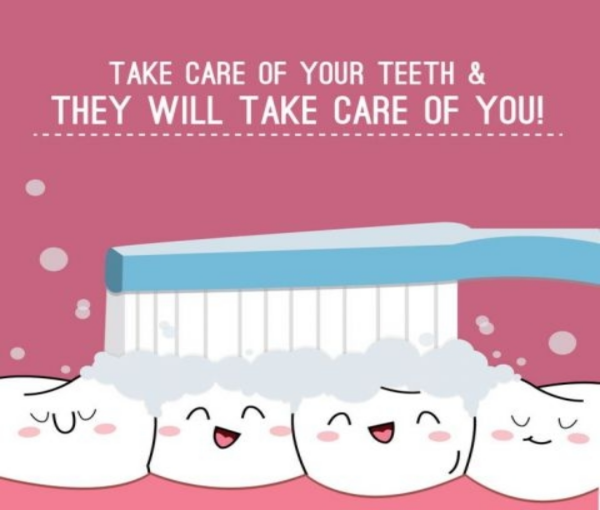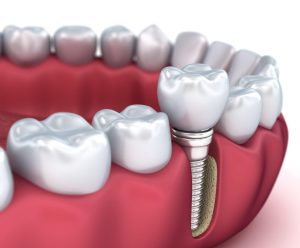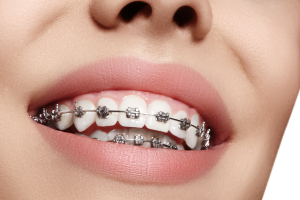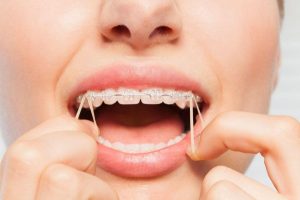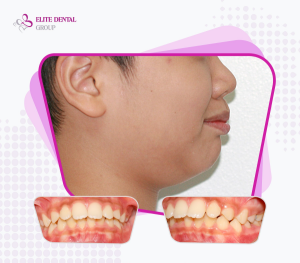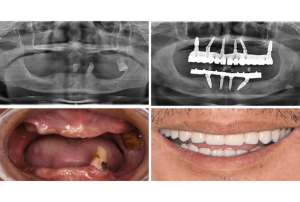Table of content
Oral hygiene not only helps us maintain bright and white teeth, enhancing our aesthetic appearance when interacting with others, but it also helps prevent oral diseases such as gum inflammation, bad breath, and cavities. So, let’s explore comprehensive oral hygiene practices together with Elite Dental in the following article!
1. What is Oral Hygiene?
Oral hygiene involves maintaining a clean mouth and preventing oral diseases. The oral hygiene process includes steps such as brushing teeth properly every day, using mouthwash, cleaning the tongue, flossing, limiting the consumption of sweets, and regularly visiting the dentist.
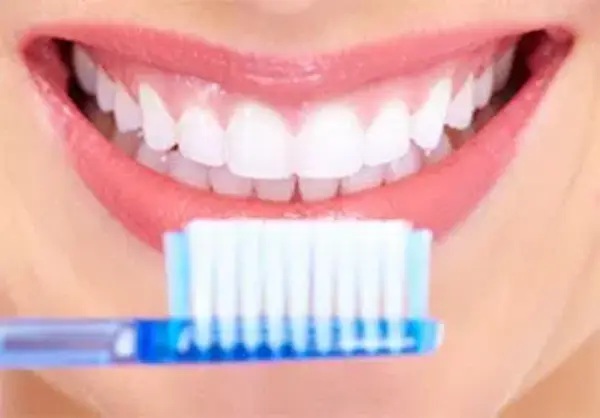
2. Why is Oral Hygiene important?
Oral hygiene plays a crucial role in maintaining the normal and healthy functioning of oral functions, ensuring robust chewing capabilities. Additionally, it helps prevent oral diseases such as gum inflammation, cavities, and avoids bad breath during communication.
When engaging in social communication, our faces serve as our representatives. Among them, the oral region plays a crucial role. Poor enamel, bad breath, and unclean teeth can negatively impact the impressions of those around us during communication.
3. Symptoms of Poor Oral Hygiene
Bad Breath (Halitosis)
Persistent bad breath can be a sign of bacteria buildup in the mouth, caused by leftover food particles and plaque.
Tooth Decay (Cavities)
Poor oral hygiene leads to the accumulation of plaque, which contains harmful bacteria that produce acids, causing tooth decay and cavities.
Related post: > The groove filling to prevent from tooth decay > What is a Tooth Filling? Everything you need to know
Gum Disease (Gingivitis or Periodontitis)
Inflammation of the gums due to plaque buildup can result in gingivitis (early stage) or progress to periodontitis, leading to gum recession and potential tooth loss.
Bleeding Gums
Gums that bleed during brushing or flossing are often a sign of gum inflammation (gingivitis) due to poor oral hygiene.
Tartar Buildup
Plaque that isn’t removed through proper brushing and flossing hardens into tartar, which can only be removed by a dental professional.
Visible Plaque
A sticky, colorless film of bacteria (plaque) on teeth can indicate inadequate oral hygiene practices.
Tooth Sensitivity
Experiencing pain or sensitivity when consuming hot, cold, sweet, or acidic foods or beverages can be a sign of tooth decay or enamel erosion due to poor oral hygiene.
Changes in Tooth Color or Texture
Staining, discoloration, or visible changes in tooth texture may indicate issues like decay or mineral loss from poor oral care.
Pain or Swelling in the Mouth
Oral infections, abscesses, or swollen gums can occur due to untreated dental issues resulting from poor oral hygiene.
4. How to have good oral health?
4.1. Teeth Cleaning
- Brush your teeth correctly, following the dentist’s instructions, at least twice a day, each time for a minimum of 2 minutes.
- Use dental floss combined with antibacterial mouthwash to remove leftover food and harmful bacteria for your teeth.
>> More information: What Happens During a Teeth Cleaning at Elite Dental?
4.2. Tongue Cleaning
In addition to the teeth, the tongue is also a place that harbors many bacteria. Cleaning the tongue helps maintain fresh breath and prevent various tongue-related diseases. You can clean your tongue using methods such as tongue cleaners, toothbrushes, or mouthwash.
4.3. Healthy Diet
A healthy diet is also one of the ways to maintain oral hygiene. You should limit the consumption of sweets, alcoholic and carbonated beverages, fast food, or fried food. Additionally, the type and concentration of sugar used in food can also stick to our teeth.
4.4. Avoid Smoking and Tobacco Products
Limiting smoking is also a way to maintain your oral health. Excessive smoking can lead to issues such as gum inflammation, increased plaque and tartar, tooth discoloration, tooth loss, and, more critically, it may contribute to oral cancer.
4.5. Educate Children on Oral Hygiene
Parents should guide children in proper and thorough oral hygiene practices at home, especially when children are at the age of tooth replacement. It is essential to regularly monitor the child’s tooth brushing routine, help them establish a healthy diet, limit sweets and snacks, and take them for regular dental check-ups to have their oral health examined by a dentist.
A general dental check up is a periodical dental care activity that should be maintained to help your teeth and gums stay healthy. Thanks to this habit, instead of treatment, you can prevent oral diseases, especially gum diseases. Why is this? 1. Have you ever had the following problems? When…
4.6. Regular Dental Check-ups
Regular dental check-ups every 6 months are essential for oral hygiene and timely detection of oral diseases.
Currently, Elite Dental is one of the leading reputable dental clinics offering comprehensive dental services, helping patients closely monitor their oral health and treating oral diseases with modern, medically-approved methods. Here, you will be attended by a team of top-notch dentists – experienced experts who provide dedicated and thorough consultations on your oral health. Upon detecting any abnormalities, the dentists will offer optimal solutions, promptly correct misalignments, and deliver satisfying, sustainable treatment results.
In addition to the strength in treatment quality, Elite Dental continuously updates modern equipment and state-of-the-art treatment technologies to support accurate diagnosis, shorten treatment times, and provide patients with a comfortable and pleasant experience. All of this is offered in the spacious environment of our three convenient locations in District 3 and District 2.
>> More information: Six oral care mistakes that you should know

